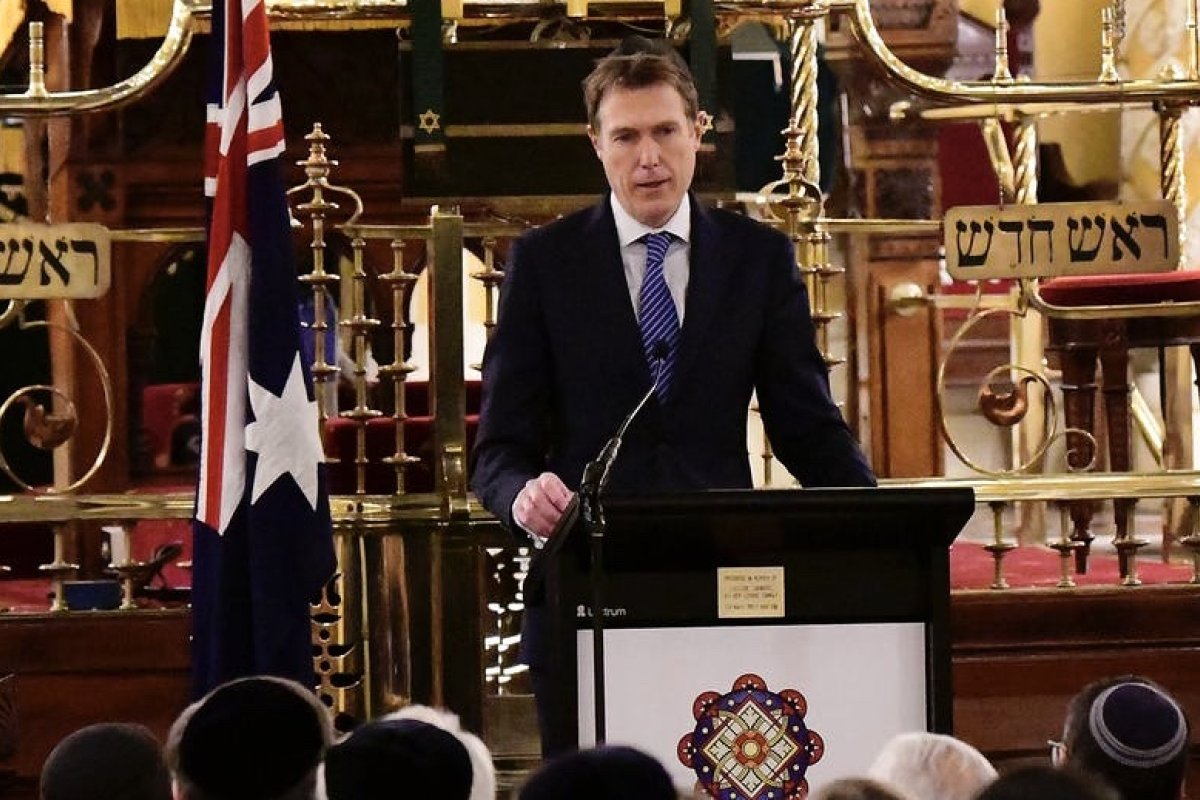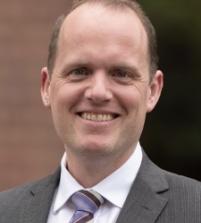
Religious Discrimination: The Australian Debate
In August 2019 the Australian Government released a draft Religious Discrimination Bill for consultation. The bill, which aims “to eliminate, so far as is possible, discrimination against persons on the ground of religious belief or activity in a range of areas of public life,” provides for the appointment of a Religious Freedom Commissioner. This is an unusual moment for a nation that, while embracing religious diversity, has long prided itself on its secular polity and culture. Together with the formal submissions presented to the government in response to it, the bill offers fascinating windows on to what Australians think about religion today. In short, it appears we are more curious about religion than ever.
The bill has its origin in the debate over marriage equality in 2017, when the government commissioned a report on religious freedom as an olive branch to conservatives who had argued that traditional religious views might be silenced if same-sex marriage was made lawful. The usual (and fictional) test case was whether or not, in the wake of marriage equality, a baker would lawfully be able to refuse an order for a wedding cake from a same-sex couple on religious grounds. In fact, the most challenging practical outcome for conservative religious groups has been the removal from marriage certificates of the gendered terms “bride” and “bridegroom” and their replacement with the neutral “Party 1” and “Party 2.”
Political and religious conservatives eventually found their much sought-after cause célèbre not in a gay wedding cake, but in the sportsman Israel Folau. The rugby footballer was sacked by Rugby Australia for repeatedly condemning people for fornication, adultery, and same-sex activity, thereby breaching the organization’s code of conduct. Meanwhile, the reputation of the church in Australia has been in ruins following the report of the Royal Commission on Institutional Responses to Child Sexual Abuse and the conviction of Cardinal George Pell for child sexual abuse.
Most submissions in response to the consultation draft of the bill agree that discrimination on the basis of religious belief—or its absence—should be prohibited. In this respect, the bill simply gives effect to article 18 of the United Nations Declaration on Human Rights, that everyone should have a right “to manifest ... religion or belief in teaching, practice, worship and observance.” Moreover, in Australia, the national Constitution was written in the 1890s with a view to preventing religious interference in the making of laws. While Parliament still opens each day with the Lord’s Prayer, there arguably is a need for legislative protections against religious discrimination.
Several submissions, however, indicate significant opposition to the bill as it stands because its religious protections would facilitate other forms of discrimination. This includes, for the first time in modern Australia, the introduction of religious exemptions in discrimination legislation covering race and disability, paralleling those in sex discrimination legislation. Furthermore, the bill does not go far enough for some religious groups, who argue it would open them up to what the Catholic Church has described as “lawfare” in relation to employment practices at faith-based schools or agencies. The Sydney Anglican submission, for its part, dramatically argues that, as it is presently drafted, the bill would force the church to make its campsites available for hire for satanic black masses.
All the same, the debate surrounding the bill has largely overlooked two aspects of religious liberty. The first is religious harassment. This is a concept found in other discrimination laws, such as measures to define and prosecute sexual harassment. What will happen when conflicting religious beliefs and behaviors come into contact, including not only religious speech but religious dress, sounds, or rituals? How can the rights of people of no religion be protected? What are the limits of accommodation and respect?
The second regards the nature of power. We can glimpse this point in a unique provision of the bill: companies with a turnover greater than $50,000,000 would be prohibited from preventing its employees from expressing religious views that discriminate against others unless it can prove that such expression would lead to serious financial harm for the company. Discrimination which may lead to the harm of others is acceptable, in other words, unless it is going to cost a business a great deal of money. In modern Australia, money equals power; the widow and her mite would appear to have no protections whatsoever.
In the end, the fate of the Religious Discrimination Bill is likely to be rocky. Tasmanian Senator Jacqui Lambie, who holds a crucial vote in the Senate, is opposed to the bill. Presenting herself as the voice of no-nonsense Australians who see religion as a largely private matter, Lambie argues the bill simply isn’t necessary. Moreover, the bill directly marginalizes Tasmanians since it contains a provision that overrides an already existing Tasmanian law protecting the LGBTI community. If the bill fails, or is rewritten, Australia’s debate won’t end there either; an additional inquiry regarding religious exemptions in other discrimination legislation is due to report in 2020.
Christians might well agree to “render unto Caesar” in the case of religious discrimination, although in the Australian case, it is not clear that Caesar wants anything other than the votes of people of faith. These are often described as the “quiet Australians” who are thought to oppose change which interferes in their daily lives, whether progressive or conservative. Yet the present debate seems more concerned with the rights of “noisy Australians” to speak whenever and wherever they wish, free from responsibility for the consequences.
Image: Australian Attorney-General Christian Porter announced the draft Religious Discrimination Bill at Sydney’s Great Synagogue. (Photo: Bianca de Marchi | AAP)
Sightings is edited by Joel Brown, a PhD Candidate in Religions in the Americas at the Divinity School, with assistance from Nathan Hardy, a PhD Candidate in the History of Christianity at the Divinity School. Sign up here to receive Sightings via email. You can also follow us on Facebook and Twitter.


